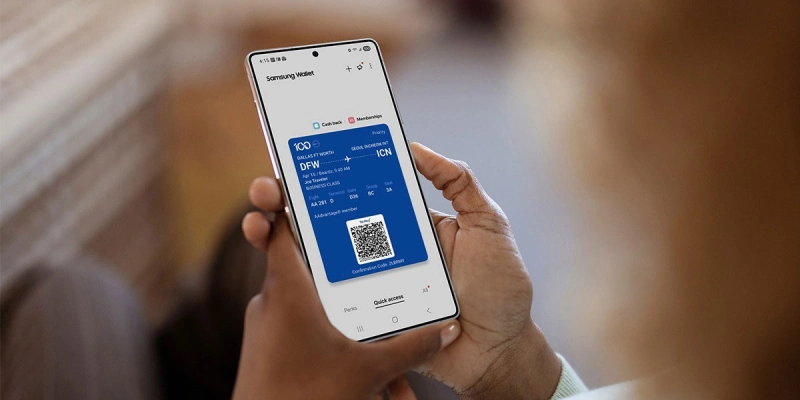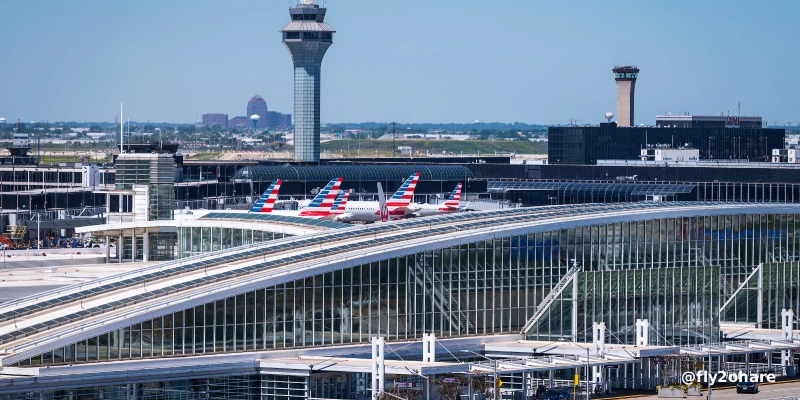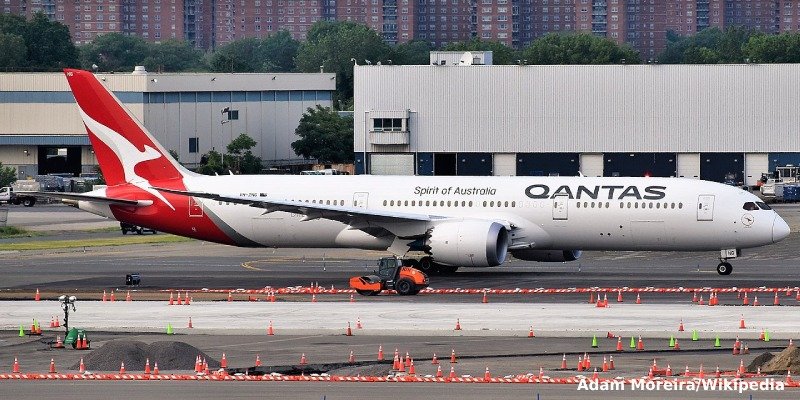India has refused to allow the participation of an investigator from the International Civil Aviation Organization (ICAO) in the ongoing investigation into the recent tragic crash of an Air India flight in Ahmedabad, which claimed 260 lives. According to two high-level sources consulted by Reuters, the decision has raised concerns among safety experts about the transparency and effectiveness of the investigative process.
An Uncommon Offer from ICAO
The United Nations aviation body offered India the assistance of one of its investigators following the June 12 crash of the Boeing 787-8 Dreamliner. ICAO has previously collaborated on investigations such as the 2014 downing of the Malaysia Airlines flight and the 2020 Ukrainian airliner incident, though in those cases, it was formally requested by the affected countries.
This time, ICAO proposed that its investigator, already present in India, participate as an observer. However, Indian authorities declined the offer, as confirmed by the sources. The news channel Times Now was the first to report on this rejection.
Institutional Silence and Questions Over Evidence Handling
India’s Aircraft Accident Investigation Bureau (AAIB), tasked with leading the probe, did not respond to requests for comment. ICAO also declined to issue a statement. In contrast, India’s Civil Aviation Ministry reported on Thursday that data from the black boxes had been retrieved approximately two weeks after the crash.
→ The Worst Commercial Aviation Accidents in Recent Years
Aviation safety experts had already expressed concern over the lack of public information about the investigation. In particular, they questioned the handling of the black boxes: one was recovered on June 13, and a second was located on June 16. To date, it remains unclear whether the devices will be analyzed in India or in the United States, which is participating in the investigation through the National Transportation Safety Board (NTSB).
Lack of Transparency and Partial Compliance with Protocols
The sole press conference held by the Indian government about the accident did not allow questions from the media. This lack of openness contrasts with the standards set forth in Annex 13 of the Convention on International Civil Aviation, which stipulates that key decisions—such as where flight recorders will be analyzed—must be made promptly to preserve critical evidence that could prevent future disasters.
A Civil Aviation Ministry official, who requested anonymity, defended the government’s actions, stating that “all ICAO protocols are being followed.” The official also noted that public updates have been provided through official media representatives.
Preliminary Report Expected Within 30 Days
The investigation, considered one of the most significant of the past decade due to the scale of the accident, remains under international scrutiny. A preliminary report is expected to be released within 30 days of the crash, though the history of opacity has fueled skepticism about its content and scope.
This crash marks the world’s deadliest aviation disaster in over a decade and has reignited debates about the independence and transparency of aeronautical investigations—especially when human lives are at stake and vital lessons must be learned.
Related Topics
American Airlines Becomes First U.S. Airline to Integrate Boarding Passes into Samsung Wallet
FAA Proposes Flight Reductions at Chicago O’Hare to Avert Summer Operational Collapse
Qantas announces new route: Sydney and Las Vegas to be Connected for First Time via Direct Flights
FAA Issues Airworthiness Directive for Boeing 737 MAX Due to Risk of Excessive Cabin Temperatures

Plataforma Informativa de Aviación Comercial con 13 años de trayectoria.




